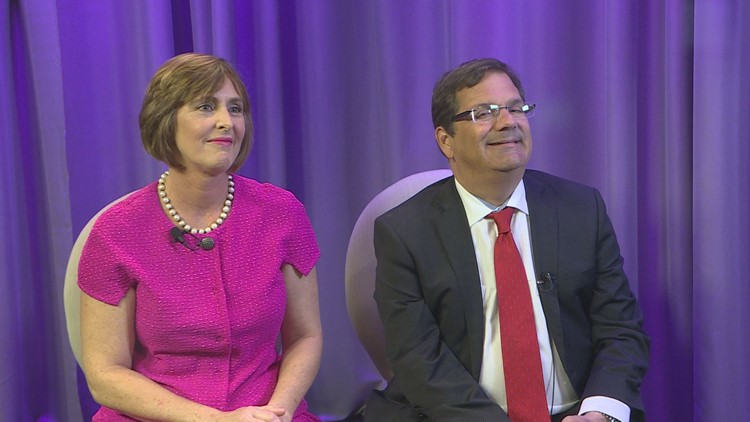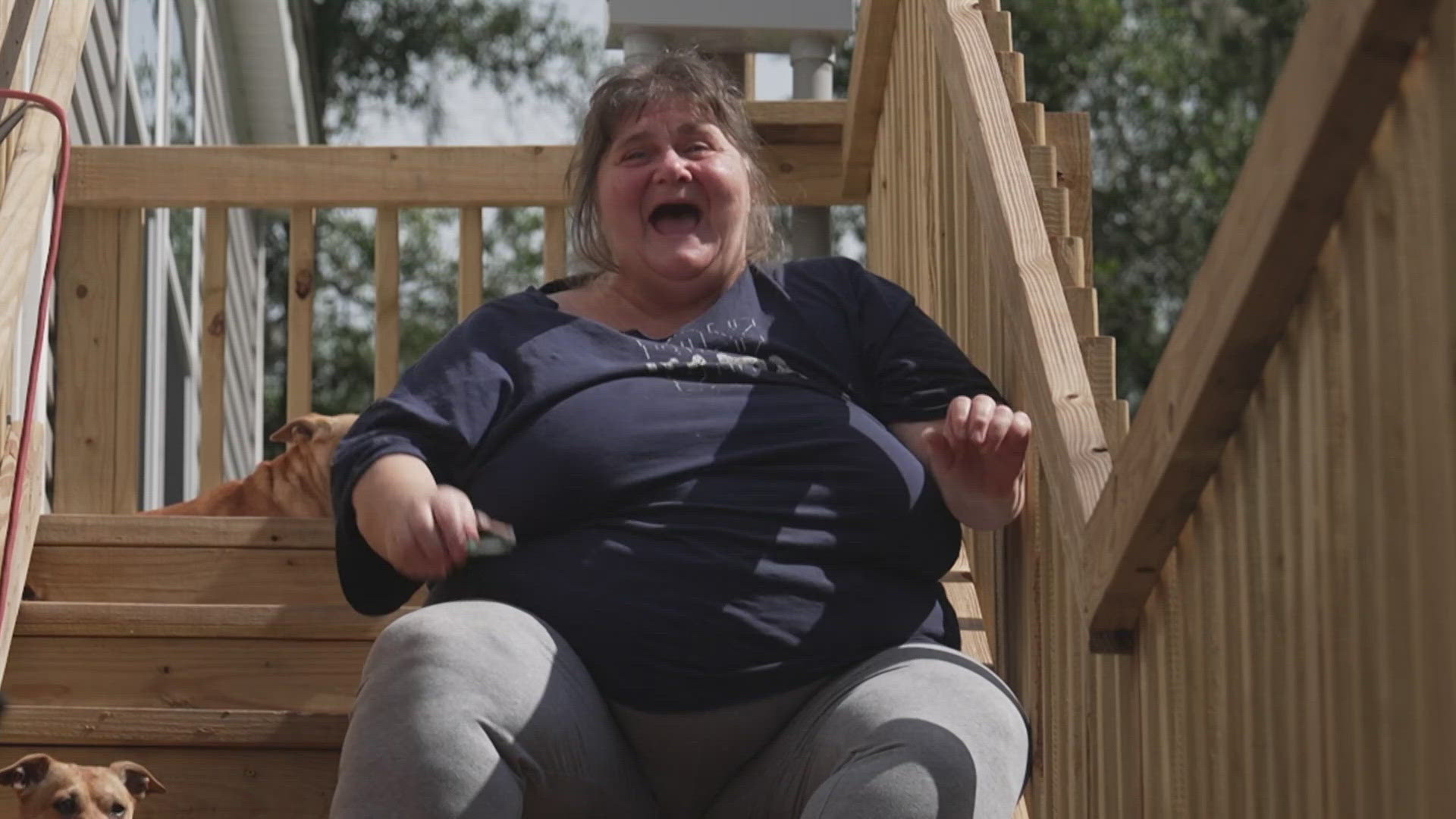TAMPA BAY, Fla. - A pair of veteran members of Congress from opposite sides of the aisle will band together for a bipartisan bill that would shut down “zombie campaigns,” an area of abuse by former politicians, uncovered in a joint 10News WTSP/Tampa Bay Times/TEGNA network investigation.
U.S. Reps. Gus Bilirakis, R- Florida, and Kathy Castor, D-Florida, filed the Honest Elections and Campaigns, No Gain Act.
Also known as H.R. 5409, the bill proposes to amend the Federal Election Campaign Act of 1971 to require former members of Congress to close down campaign accounts within two years of leaving office, or sooner if they register as a lobbyist.
The WTSP/Times/TEGNA investigation uncovered more than 100 former politicians still spending leftover funds long after retiring from campaigning – in some cases, decades after leaving office.
In some extreme cases, campaign spending of dead members of Congress spiked, as family members or well-connected political operatives were accessing the candidate’s former campaign funds. The Federal Election Commission (FEC) said there appears to be nothing illegal about it.
LEARN MORE: ZombieCampaigns.com
"Thanks to your reporting we understand the extent of some of the abuses," Castor said. "A member shouldn't be able to have these accounts live on for decades and use those funds for personal use – that's wrong."
Federal law suggests candidates should close campaign accounts down within six months of the end of their campaigning. However, a giant loophole exists that allows former politicians and candidates to keep accounts open – and spending – indefinitely, long after they’ve left the public sector for retirement or private careers in lobbying.
In addition to a two-year limit on campaign spending after leaving office, the Honest Elections and Campaign, No Gain Act proposes to close FEC loopholes that have allowed former Congress members to use old campaign money to help fund new careers in lobbying. The measure would also close loopholes that have allowed former Congress members to pay family members to do simple tasks such as filing quarterly documents with the FEC.
WATCH: Senator won't stop to talk
When a candidate closes down an account, leftover money can either go back to donors, to another political committee or to non-profits. However, the WTSP/Times/TEGNA investigation uncovered retired lawmakers spending hundreds of thousands of dollars each from their old campaign coffers on things to furnish their new lifestyles: expensive dinners, travel, social club memberships, country club dues or political donations to sitting lawmakers they could be lobbying.
The ambitious bill also targets political action committees (PACs) affiliated with former members of Congress, setting a two year-limit on their existence as well after a member leaves office.
"You're going to get some resistance," Bilirakis said. "Probably some former members of Congress will lobby against this bill."
The FEC strictly prohibits any personal benefit from campaign funds, and the agency began soliciting public comments on whether it should restrict what "zombie campaigns" can do with leftover money, following the WTSP/Times/TEGNA investigation.
Under the proposed law, the two-year period to wind down a campaign would begin on the day after the deadline to qualify for the next election.
As with current law, unspent campaign donations could be given to charity, donated to other candidates or refunded to the original donor.
But it would prohibit candidates from transferring the money into their own political action committees, which is allowed under current regulations.
The bill would only apply to members of the U.S. House and Senate and not to presidential candidates.
Previous legislative attempts to close campaign finance loopholes have not fared well in Washington, D.C., typically failing to get a single committee hearing. Bilirakis and Castor acknowledged it would be an uphill climb, anticipating pushback from former members currently enjoying the loopholes themselves.
"It's the right thing to do," Bilirakis said.
Find 10Investigates' Noah Pransky on Facebook or follow his updates on Twitter. Send your story tips confidentially to npransky@wtsp.com.



